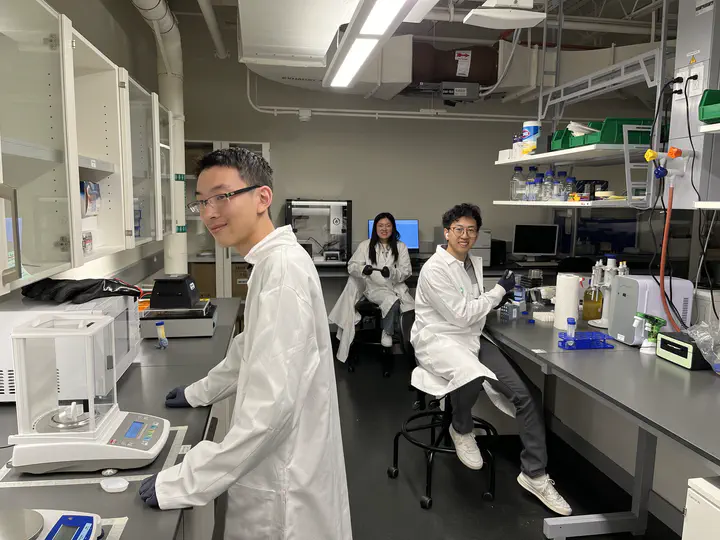Synthetic Biology Workshop

Abstract
Researchers are now able to engineer synthetic genetic circuits for a range of applications in the environmental, medical, and energy domains. Crucial to the success of these efforts is the development of methods and tools for genetic design automation (GDA). While inspiration can be drawn from experiences with electronic design automation (EDA), design with a genetic material poses several challenges. In particular, genetic circuits are composed of very noisy components making their behavior more asynchronous, analog, and stochastic in nature. This workshop presents a design-build-test-learn workflow for synthetic biology. We will introduce data repositories that provide information about genetic parts, sequence-level design tools to compose these parts into circuits, and modeling and simulation tools to evaluate alternative design choices. We will also introduce basics about the experimental methods used to build and test these genetic designs. Finally, we will demonstrate how laboratory automation can accelerate this entire workflow.
This event is organized by the FLUENT Research Group. This project is funded by grants 1856733, 1856740, and 1900542 from the National Science Foundation. The views expressed are those of the authors and do not necessarily reflect those of the NSF.